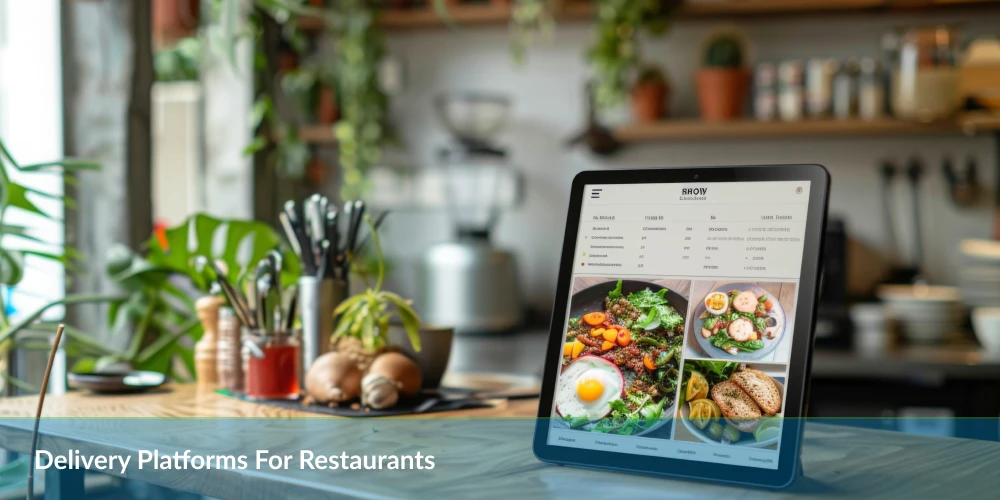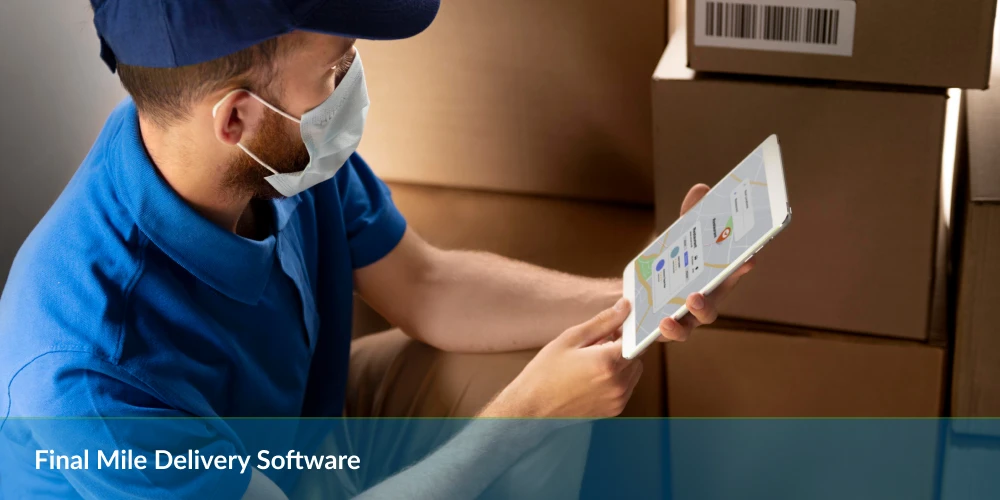Table of Contents
Package Tracking and the Last Mile Delivery Challenge
Key Takeaways:
- Package tracking ensures transparency, efficiency, and customer satisfaction in logistics.
- The last-mile delivery challenge poses significant hurdles for logistics companies, impacting cost, time, and customer experience.
- Advanced technologies, such as real-time tracking systems and route optimization, are essential in overcoming last-mile logistics challenges.
- NetworkON, a delivery and dispatch software solution, aims to revolutionize the industry by addressing the complexities of package tracking and last-mile delivery.
In the fast-paced world of e-commerce and global trade, package tracking has become an inseparable component of the logistics industry. The ability to monitor the movement of shipments from origin to destination not only ensures transparency but also plays a crucial role in customer satisfaction.
However, as packages approach their final destination, the last-mile delivery challenge emerges, presenting a complex set of obstacles for logistics management. This article delves into the significance of package tracking, explores the intricacies of the last-mile delivery challenge, and reflects on NetworkON, a cutting-edge delivery and dispatch software solution designed to revolutionize the industry.
Package Tracking: Ensuring Transparency and Efficiency
Package tracking, or shipment tracking, involves monitoring packages’ real-time location and status during transit. This process benefits logistics companies and is equally important for customers eagerly awaiting their deliveries. According to a study conducted by McKinsey, consumers consider package tracking crucial and are willing to pay more for a service that allows them to track their shipments.
- Customer Satisfaction: Tracking a package gives customers control and transparency. Real-time updates on the location and estimated delivery time keep customers informed and contribute significantly to a positive delivery experience.
- Reducing Losses and Theft: Package tracking systems serve as a deterrent to theft and loss. With the ability to pinpoint the location of a package at any given moment, carriers can respond promptly to any irregularities, minimizing the risk of theft and ensuring the safe delivery of goods.
- Operational Efficiency: Logistics companies benefit from package tracking systems by gaining real-time insights into their operations. This data allows for better route planning, inventory management, and operational efficiency.
The Last Mile Delivery Challenge: A Complex Hurdle
Despite the advancements in package tracking technology, the last-mile delivery challenge remains a formidable obstacle for logistics management. The last or final mile represents the final leg of a package’s journey from the distribution center to the customer’s doorstep. This phase is marked by unique challenges that impact cost, time, and customer satisfaction.
- Cost Implications: According to a report by Capgemini, the last mile can account for up to 41% of the total delivery cost. Factors such as fuel expenses, labor costs, and the need for specialized delivery services contribute to the high operational costs associated with the last mile.
- Time Sensitivity: Customers increasingly expect faster delivery times. The last mile, the journey’s final stretch, is often the most time-sensitive. Delays in the last mile can result in customer dissatisfaction and impact the overall competitiveness of a logistics provider.
- Environmental Impact: The environmental impact of last-mile deliveries, particularly in densely populated urban areas, is a growing concern. The use of traditional delivery vehicles contributes to traffic congestion and carbon emissions. Sustainable and efficient last-mile logistics solutions are needed to address these challenges.
Technological Solutions for Last Mile Logistics
The logistics industry is turning to advanced technologies to streamline operations and enhance efficiency in response to the last-mile delivery challenge. These technologies aim to optimize routes, improve delivery accuracy, and reduce environmental impact.
- Route Optimization: Utilizing algorithms and real-time data, route optimization software minimizes delivery times and maximizes efficiency. By considering factors such as traffic conditions, weather, and delivery windows, companies can choose the most efficient routes for their drivers.
- Drones and Autonomous Vehicles: Companies are exploring using drones and autonomous vehicles for last-mile deliveries. Amazon, for example, has been testing drone deliveries to expedite the process. While regulatory hurdles exist, these technologies can potentially revolutionize last-mile logistics.
- Predictive Analytics: Utilizing predictive analytics enables companies to forecast demand patterns and plan delivery routes more effectively. By analyzing historical data, companies can anticipate peak delivery times, optimize inventory management, and allocate resources efficiently.
- Collaborative Platforms: Some logistics providers are exploring collaborative platforms that connect various stakeholders in the delivery ecosystem. These platforms facilitate coordination among retailers, logistics companies, and customers, optimizing the supply chain and improving overall efficiency.
NetworkON: Revolutionizing Package Tracking and Last Mile Delivery
In the pursuit of addressing the complexities of package tracking and the last-mile delivery challenge, NetworkON emerges as a game-changing solution. This delivery and dispatch software solution integrates cutting-edge technologies to provide a seamless and efficient logistics experience.
- Real-Time Package Tracking: NetworkON offers real-time package tracking, allowing carriers and customers to monitor the status and location of shipments at any given moment. This transparency enhances trust and satisfaction among customers.
- Route Optimization and Planning: Leveraging advanced algorithms, NetworkON optimizes delivery routes to minimize costs and reduce delivery times. The software considers various factors, including traffic conditions, delivery windows, and package sizes, to ensure efficient last-mile logistics.
- Environmental Sustainability: NetworkON prioritizes environmental sustainability by promoting eco-friendly delivery options. The software encourages the adoption of a more sustainable last-mile logistics ecosystem.
Wrapping Up
Package tracking and the last-mile delivery challenge are integral to the ever-evolving logistics landscape. The industry must adapt as consumers demand faster, more transparent, and sustainable delivery solutions. NetworkON, with its focus on real-time tracking, route optimization, and integration of emerging technologies, is poised to revolutionize the industry. By addressing the challenges of the last mile, NetworkON aims to enhance customer satisfaction, reduce operational costs, and contribute to a more sustainable and efficient logistics ecosystem.
To know more, write to us at info@networkon.io.




0 Conversations